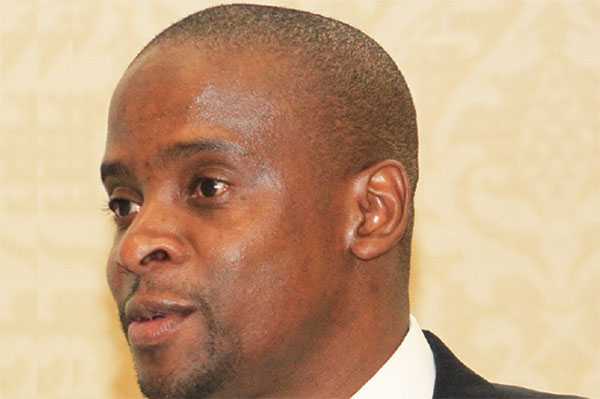Government to spend less under new dispensation
Taking the All Africa Games (AAG) under the Olympic movement can only be beneficial and cost-effective for Africa governments, the Chief Executive Officer (CEO) of the Botswana National Olympic Committee (BNOC) Tuelo Serufho has said this week.
Following an announcement that the Association of National Olympic Committees of Africa (ANOCA) will take over the organisation of the AAG, recently, Serufho argued that by coming on board, the Olympic movement would offer immense benefits to both athletes and governments. “Currently, the AAG are not Olympic qualifiers because not all African countries partake in them, among them Morocco who is not a member of the African Union (AU).
This non qualification status creates a burden for African countries because, aside from preparing for these games, countries have to also support teams and athletes to try and qualify for Olympic games at other international competitions, the BNOC CEO said. Moreover, Serufho argued that the status of the AAG not being an Olympic qualifying event has led to many top athletes opting to stay away from the continental show piece, or performing rather half heartedly at the event.
In addition, the BNOC boss said participating at the AAG was expensive as governments are burdened with paying annual subscription fees to the African Union Sports Council (AUSC). “The same is not the case with the International Olympic Committee (IOC) and Commonwealth Games Federation (CGF) where governments are not required to pay a cent when competing at their games. Instead, the money can be used to fund sports development,” he argued, adding that a lot of money can also be saved from participation fees that cover costs for the delegates from different countries. “Such costs include accommodation, meals, coaches, managers and medical staff.”
Serufho argued that the IOC and the Commonwealth Games Federation (CGF) cover such costs during their competitions.In addition, Serufho said the AAG do not attract top athletes to effectively compete in their traditional events compared to rival competitions like Commonwealth Games and the Olympics. “The low participation of top athletes affects many areas such as spectatorship, television and sponsorships.
The All Africa Games in the current format do not have many long term and attractive sponsorships, if any at all. By contrast, continental games in other parts of the world attract long term sponsorships, some of which are a direct association with the IOC. The IOC has long term sponsors like Coca Cola, Atos, Bridgestone, McDonalds, Toyota and Samsung,” he said. Meanwhile, the impending affiliation of AGG to ANOCA means government federations like Botswana National Sports Commission (BNSC) will play a diminished role in international sports competitions and the management of elite athletes.
Instead government will be relegated to grassroots sports development. The AAG is expected to start operating under ANOCA by the end; talks between ANOCA and the AUSC are currently underway. Last year, the Botswana government assisted the BNOC, an autonomous body with close to P20 million.






